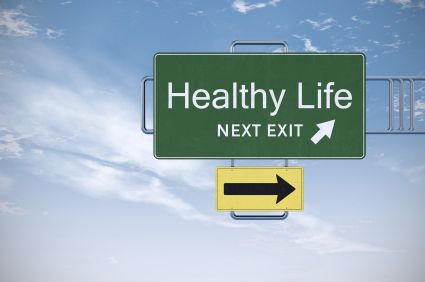Vitamin C Sources and Functions

Vitamin C Sources and Functions
Vitamin C, ascorbic acid, is the only water-soluble vitamin that is not a B vitamin. Here is a summary of the role of Vitamin C in your good health.
| What it does | Functions as a cofactor in formation of certain important compounds such as collagen; Defends the body against free radicals (antioxidant) |
| Daily needs | [Infants*: 40-50 mg] [Children†: 15-75 mg] [Men: 90 mg] [Women: 75 mg] [Pregnant: 85 mg] [Lactating: 120 mg] |
| Not enough | Bleeding gums, Broken capillaries, Failure of wounds to heal, Muscle weakness, Joint Pain, Depression Severe: Scurvy |
| Too Much | Diarrhea, Nausea, Cramps, Headache, Fatigue (Upper limit established by USDA is 2000 mg) |
| Foods | Citrus fruits, Bell peppers, Broccoli, Cabbage, Brussels sprouts, Strawberries, Potatoes, Papaya, Cantaloupe |
*The lower value is for infants up to 6 mos., higher value is for infants up to a year old.
† The first value is for children 1-3 with the amount increasing until age 18.
Destroyed by Oxygen
Vitamin C is easily destroyed by oxygen, so fruits and vegetables, as well as fruit juices, should be stored in airtight containers and eaten as fresh as possible.
In general, people who live in developed countries like the United States get enough Vitamin C. However, those suffering from eating disorders or living in poverty may not be eating enough food to get sufficient Vitamin C in their diet.
Fun fact about Vitamin C Sources and Functions: Once the importance of citrus fruits in the diet was known, sailors in the British navy were given lime juice to prevent scurvy. Thus they were often referred to as “limeys.”
Although citrus fruits are traditionally considered the best source of Vitamin C, vegetables, such as broccoli and potatoes also provide significant amounts of this important vitamin.
Caveat for Vitamin C Sources and Functions: Cigarette smokers and tobacco chewers are more susceptible to Vitamin C deficiency. This is also true of people who are regularly exposed to so-called “secondhand smoke.”
Controversial vitamin
There has been a great deal of controversy surrounding Vitamin C, especially with regard to dosage and disease prevention. Nobel Prize winning scientist, Linus Pauling, suggested that Vitamin C was more than a vitamin, and recommended taking it to prevent or lessen the severity of the common cold.
It has also been implicated in the prevention and treatment of cancer and heart disease. However, there are conflicting studies regarding these issues, so from a scientific standpoint, the jury is still out.
Nevertheless, taking 500 mg of Vitamin C per day has been shown to help people with hardening of the arteries (atherosclerosis), heart pain (angina pectoris), high blood pressure and high cholesterol. Since this amount is far below the Upper Limit of 2000 mg, established recently by the USDA, taking 500 mg is probably not an issue with regard to toxicity.
May be drug interactions
There is some evidence that large doses (over 1000 mg) of Vitamin C will interfere with blood thinning drugs and will also interfere with some testing procedures. Any time you are taking prescription medication or going in for tests, you should inform your doctor and pharmacist of the supplements you are taking so that they can advise you regarding drug interactions.
It is always best to get your vitamins, including Vitamin C, from the foods you eat. However, many health experts recommend that you take a daily Vitamin C supplement of 400-500 mg to fill in the potential gaps in your diet.

